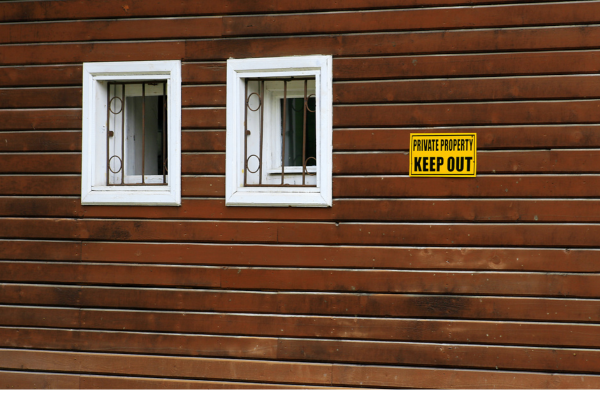The issue of squatters’ rights in Florida has become a hot topic recently, sparking concern among property owners. Many landlords and homeowners fear the potential loss of control over their properties due to unauthorized occupants. But what exactly are squatters’ rights, and how do they work in Florida? Here’s a detailed breakdown to help you understand.
What Are Squatters’ Rights?
Squatters’ rights refer to legal measures that allow unauthorized occupants, often called squatters, to inhabit a property and, under specific conditions, even gain legal ownership of it. This concept is also known as adverse possession.
In Florida, squatters can claim legal ownership if they meet certain legal requirements and adhere to strict criteria over time. Let’s explore these key conditions:
Requirements for Squatters’ Rights in Florida
Actual Possession
For squatters to qualify, they must have actual possession of the property. This involves two key factors:
- Physical Presence: The squatter must physically reside on the property. Simply visiting or leaving belongings on-site does not suffice.
- Property Maintenance: Squatters must treat the property as if they were its rightful owner. This includes maintaining the property, making improvements, or undertaking general upkeep to show they are acting like legitimate occupants.
Open and Notorious Posession
Squatters must occupy the property in a way that is obvious and public. They cannot hide their presence or attempt to remain undetected. Open and notorious possession ensures the actual owner has a reasonable opportunity to notice the unauthorized occupation.
Continuous Possession
To claim adverse possession, squatters must maintain uninterrupted residency for a specific length of time. In Florida, this time frame is seven years.
If a squatter vacates the property—even briefly—the clock resets, and they must start the process over. Property owners should be vigilant for any signs of absence, as it disrupts the claim of continuous possession.
Exclusive Possession
Squatters must also have exclusive possession of the property. This means no other individuals or groups can share the space with them. Multiple squatters or groups occupying the same property disqualify the claim.
Exclusive possession helps distinguish squatters from trespassers and ensures only one family or group can pursue adverse possession rights.
Protecting Your Property
Understanding the legal requirements for squatters’ rights in Florida can help property owners safeguard their investments. Being proactive is key:
- Regularly inspect your properties for signs of unauthorized occupation.
- Take swift action to remove trespassers before they can claim adverse possession.
- Work with a real estate attorney to navigate disputes and ensure your property rights are protected.
Staying informed about squatters’ rights in Florida empowers you to minimize the risk of lengthy legal battles and ensures your property remains protected.








